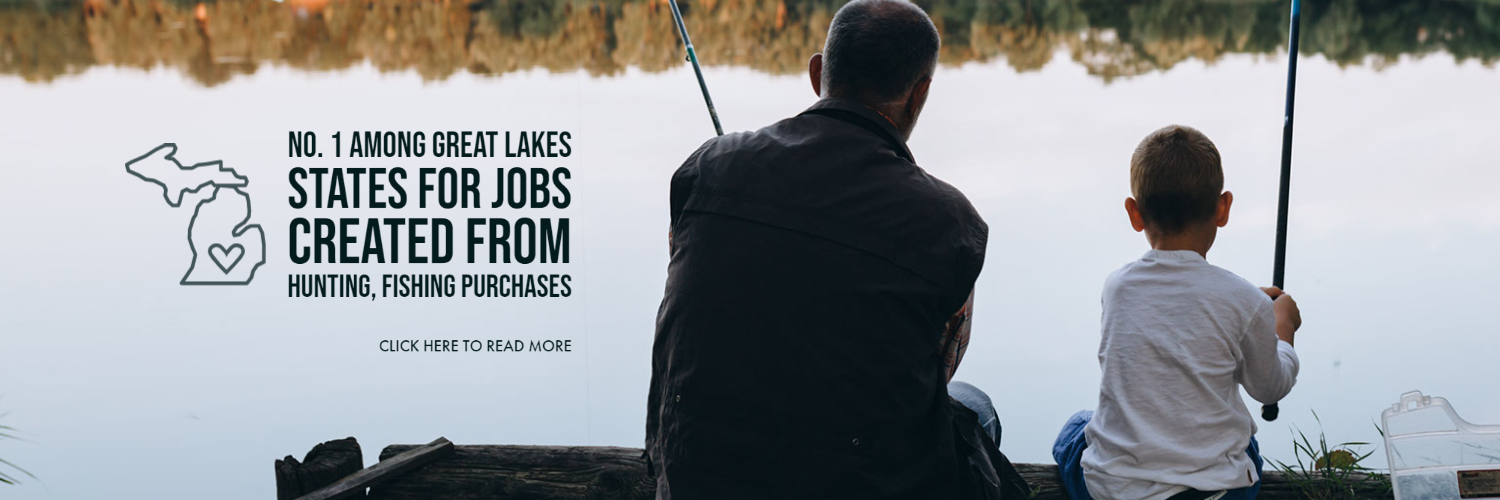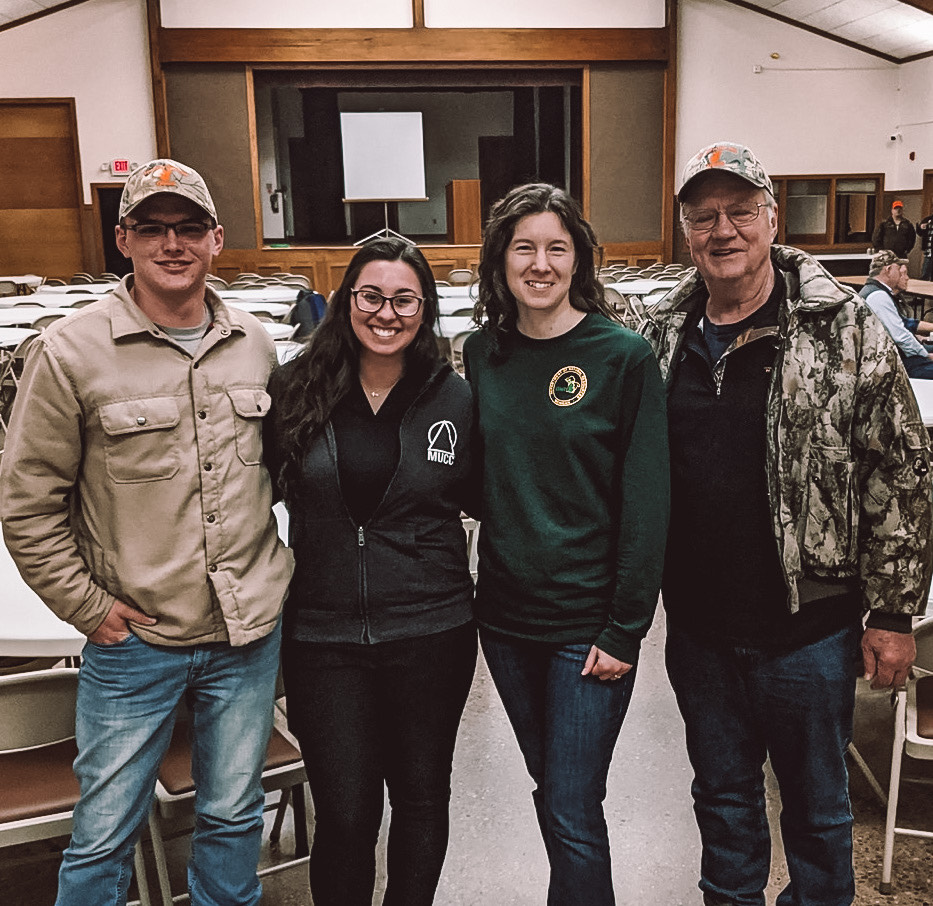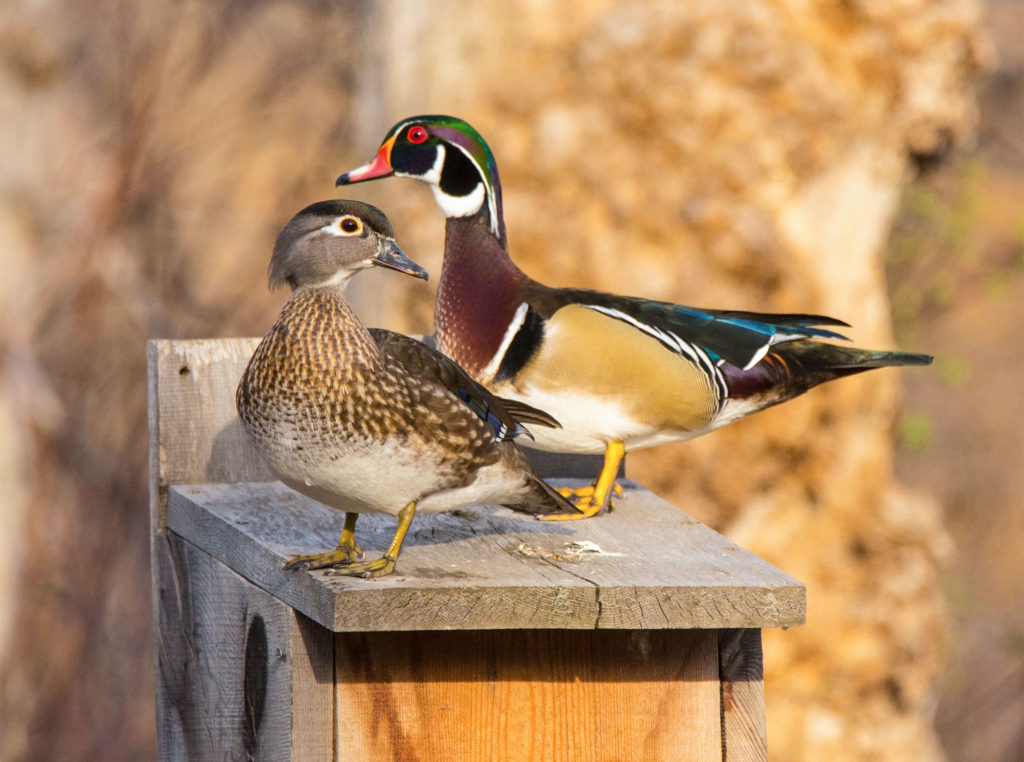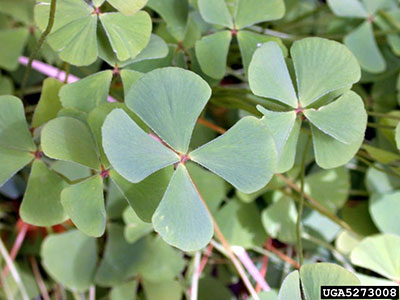Michigan United Conservation Clubs is the largest statewide conservation organization in the nation. Founded in 1937, our mission is to unite citizens to conserve, protect and enhance Michigan's natural resources and outdoor heritage. This mission drives everything we do as an organization.

Your membership also makes you an active participant in Michigan's conservation community. As a member of MUCC, you can propose conservation policy resolutions that form the backbone of our efforts in Lansing. By joining MUCC, you can set the direction for hunting, fishing, trapping and conservation policy for Michigan.
Help us continue to defend your rights to hunt, fish and trap in Michigan today. Your generous contribution allows us to put on our yearly summer camp for kids, restore habitat across the state, and fight anti-hunting legislation in Lansing.
BLOG
Wildlife cooperatives have long been known for their collaborative conservation efforts. Members make informed management decisions by conducting habitat surveys, completing habitat projects, setting and carrying out harvest goals, collecting harvest information and engaging with industry professionals on all of the above. Many cooperatives also participate in community outreach to keep the public informed on…
Read MoreThis winter, MUCC’s On the Ground (OTG) and On the Water (OTW) programs are offering multiple opportunities to help improve wood duck nesting opportunities in state game areas and local parks. These popular events offer volunteers the opportunity to either build, place, repair or clean-out wood duck boxes to provide additional nesting resources for the…
Read MoreEuropean water-clover(EWC) is an aquatic fern that can be located on “slow-moving waters like oxbow lakes, floodplains of major rivers, stream banks, flood channels, ditches, man-made fishponds, clay-pits, gravel pits, pig pastures, rice fields, hemp- and flax-steeping places, and water bodies polluted with heavy metals (Ahmad et al. 2010; Strat 2012; Schneider-Binder 2014). It had…
Read More







